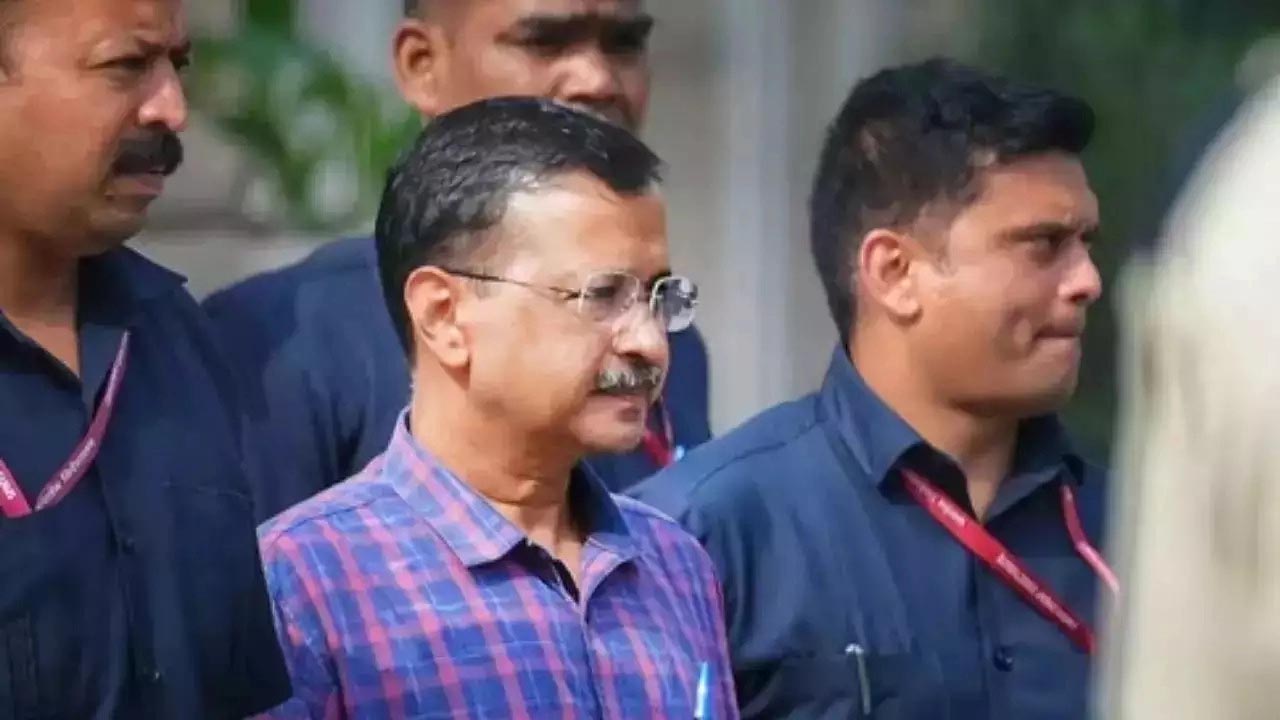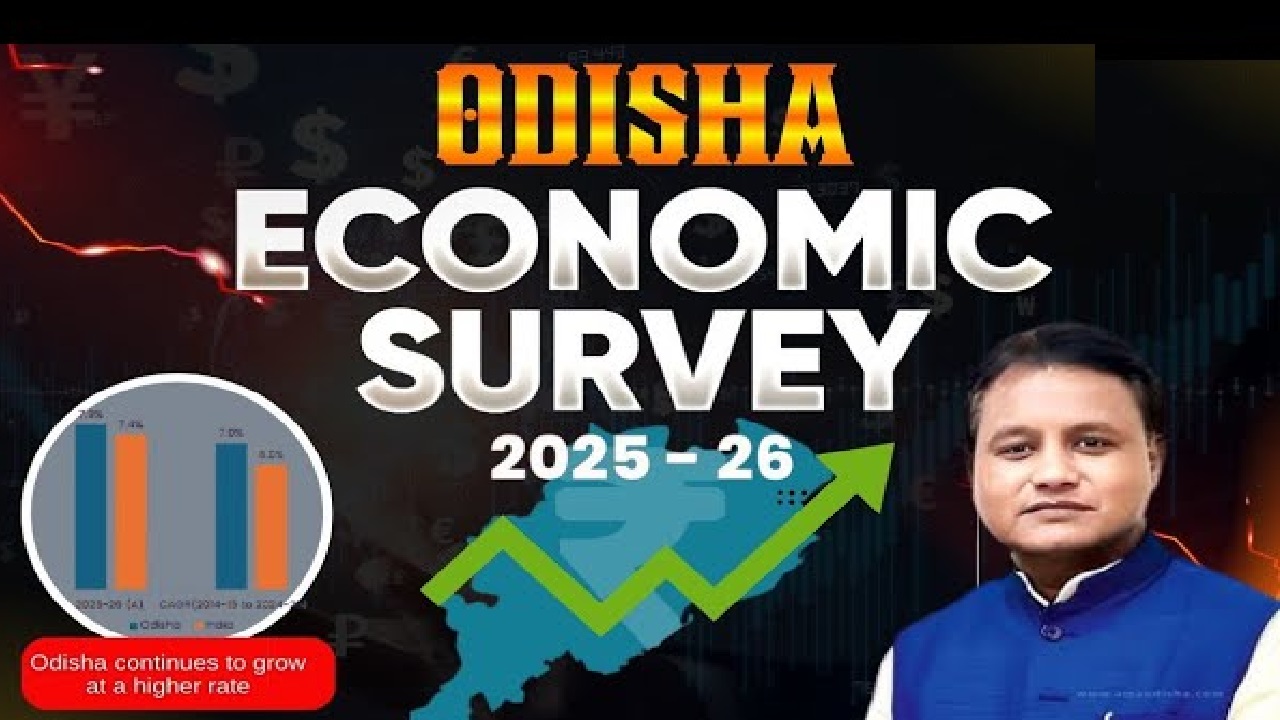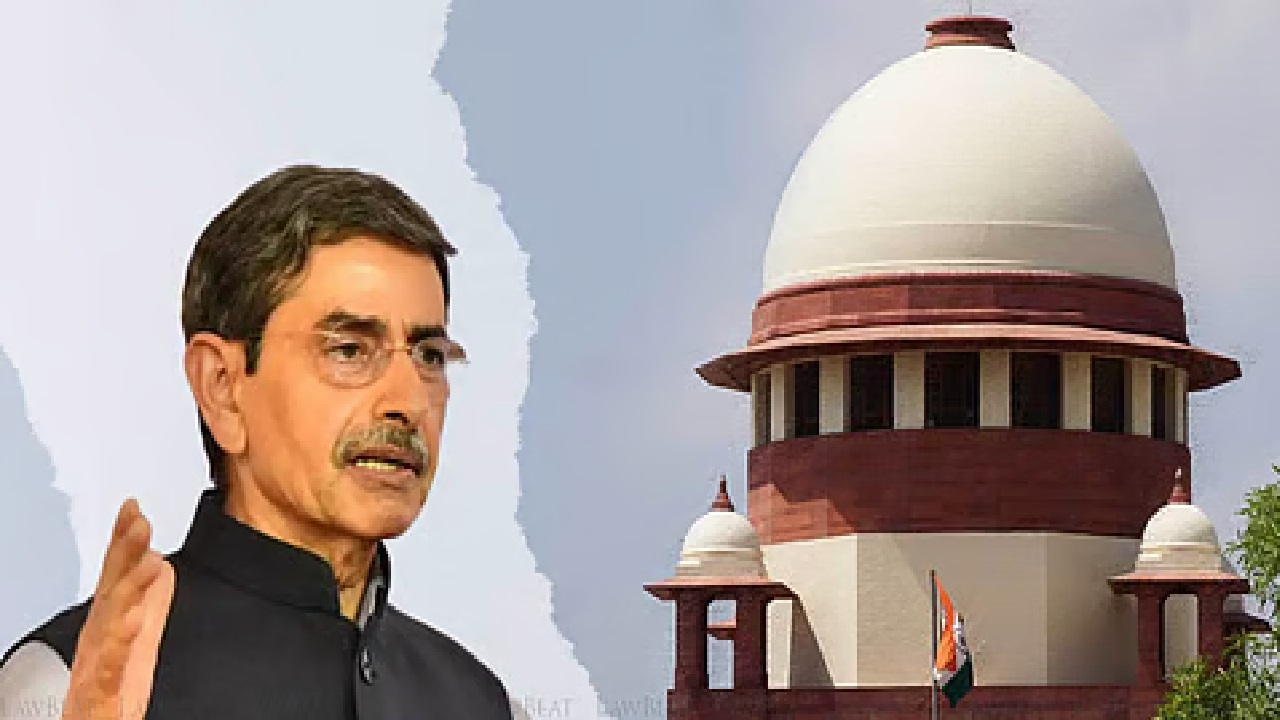The Delhi High Court has reserved its order on Chief Minister Arvind Kejriwal’s plea challenging his arrest by the Central Bureau of Investigation (CBI) in the excise policy case. The court also reserved its order on Kejriwal’s interim bail request and scheduled the regular bail plea hearing for July 29.
Legal Arguments Presented
Senior counsel for Kejriwal, Abhishek Singhvi, criticized the CBI’s arrest of the Chief Minister and sought his release on bail. Justice Neena Bansal Krishna conducted the proceedings on a holiday due to Muharram. She heard arguments from both Kejriwal’s lawyers and the CBI before reserving the order.
“Insurance Arrest” Allegation
Singhvi described Kejriwal’s arrest as an “insurance arrest,” meant to prevent his release from jail. He argued that Kejriwal had three favorable release orders in a related Enforcement Directorate (ED) case and would have been released if not for this arrest. He emphasized that Kejriwal is the Chief Minister of Delhi, not a terrorist, and thus entitled to bail.
CBI’s Opposition
Advocate DP Singh, representing the CBI, opposed Kejriwal’s pleas and rejected the “insurance arrest” claim as unjustified. Kejriwal was arrested by the CBI on June 26 from Tihar Jail, where he remains in judicial custody in a connected money laundering case filed by the ED.
Timeline of Arrests and Bail
Kejriwal was initially arrested by the ED on March 21 and was granted bail by the trial court in the money laundering case on June 20. However, the trial court’s order was stayed by the high court. On July 12, the Supreme Court granted Kejriwal interim bail in the money laundering case.
Background of the Excise Policy Case
The excise policy, which was scrapped in 2022, came under scrutiny after the Delhi lieutenant governor ordered a CBI probe into alleged irregularities and corruption in its formulation and execution. According to the CBI and the ED, modifications to the excise policy involved irregularities and undue favours to license holders.
(With inputs from agencies)








